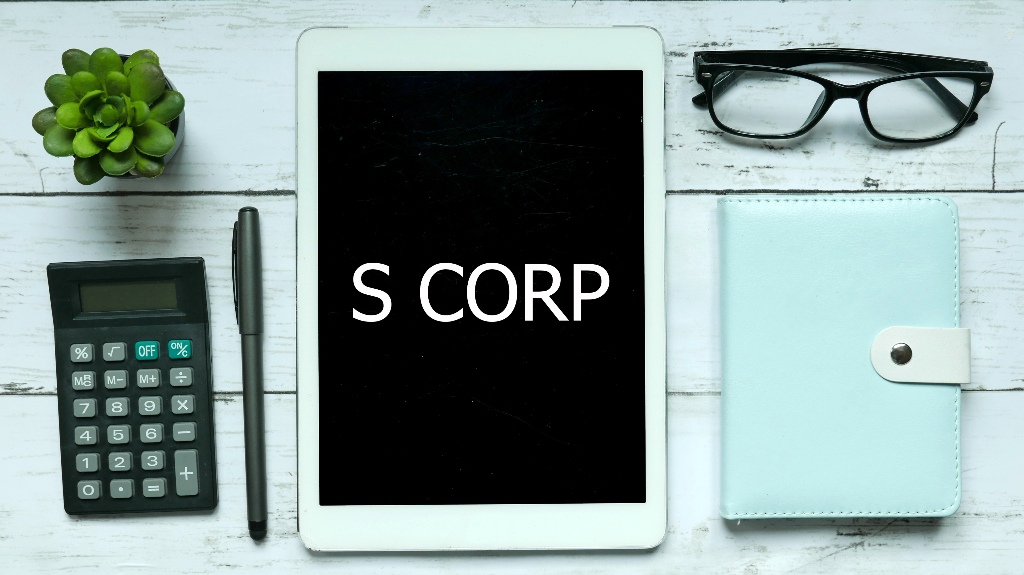
Small businesses must use every advantage to maximize income and minimize expenses like taxes. But it’s hard enough to do all of the things required by your business and to be on top of tax code as well.
A good accountant will make sure your taxes are accurate and take every deduction possible. But structuring your business to make the most of available benefits is the job of an experienced business attorney who understands the nuances of corporate tax law.
Structuring Your Illinois Business to Reduce Your Tax Burden
Your business’s taxes will change next year, but do you know how to make the most of changes in the tax code? You might consider becoming an S corporation, which is a structure like an LLC—but with more tax benefits. Called a pass-through entity, becoming an S Corporation does not require filing separate business taxes because the corporate profits or losses are passed to the shareholders.
One of the most important benefits of becoming an s corporation is the (federal) Qualified Business Income deduction, which can lop off 20 percent of your net business income, removing that amount from federal taxation (exclusions include interest income, dividends, capital gains, and salaries paid to S Corp owners as well as limitations for certain types of businesses). Eligibility for QBI is limited by income, which is capped at $200,000 for single filers and $400,000 for those married couples filing jointly. It’s worth investigating to find out if you can claim it.
If you’re a sole proprietor wondering about the benefits of becoming an S corporation, consider that you can avoid self-employment taxes that way. Self employment tax is calculated on net income and is set at 15.3 percent.
In order to take advantage of the tax benefits of an S corporation, you must:
- Pay yourself a reasonable salary, such as $50,000. This amount is subject to self-employment tax (Social Security and Medicare).
- Take any additional business income as a distribution, which is not subject to the 15.3 percent tax.
- In Illinois, you pay personal income tax of 4.95 percent on your business earnings, rather than the state’s corporate tax rate of 7 percent.
- An S corporation is also responsible for paying a 1.5 percent replacement tax on earnings, a full percentage point lower than other corporations.

Once you become an S corporation, you should consider whether paying the optional Pass Through Entity (PTE) tax on your corporation earnings will result in a sizable tax credit for shareholders. In Illinois, the PTE is 4.95 percent of your business income. Your business attorney can explain the specifics of electing to pay the PTE, and how it will impact your federal return.
For individual entrepreneurs, an additional benefit of being the only employee of an S corporation is the ability to create a “solo 401(k)” retirement fund. These allow you to deposit all of your income, unlike most others that have annual limits of less than $10,000.
When you need a new piece of business equipment, you may also deduct the whole cost as an expense rather than depreciating it over several years. That’s possible under Section 179 of the Internal Revenue Service code. By writing off 100 percent of an expensive item as an expense, a business further reduces its tax exposure.
As an s corporation you may also be able to take advantage of State of Illinois tax credits and benefits for things like research and development, offering childcare, and extending work opportunities like apprenticeships.
Guiding Your Illinois S Corporation to Higher Profitability
Once you understand the benefits of becoming an S corporation in Illinois it’s likely you’ll see the benefits of having a professional guide. An experienced business and estate attorney from Legacy & Life Law Firm LLC can provide the advice you need to achieve your personal and business goals. They provide full spectrum financial advice from the most beneficial corporate structure to reasonable compensation analysis to retirement planning strategies.
If you’re ready to take your business to the next level, contact Legacy & Life Law Firm for a consultation.
